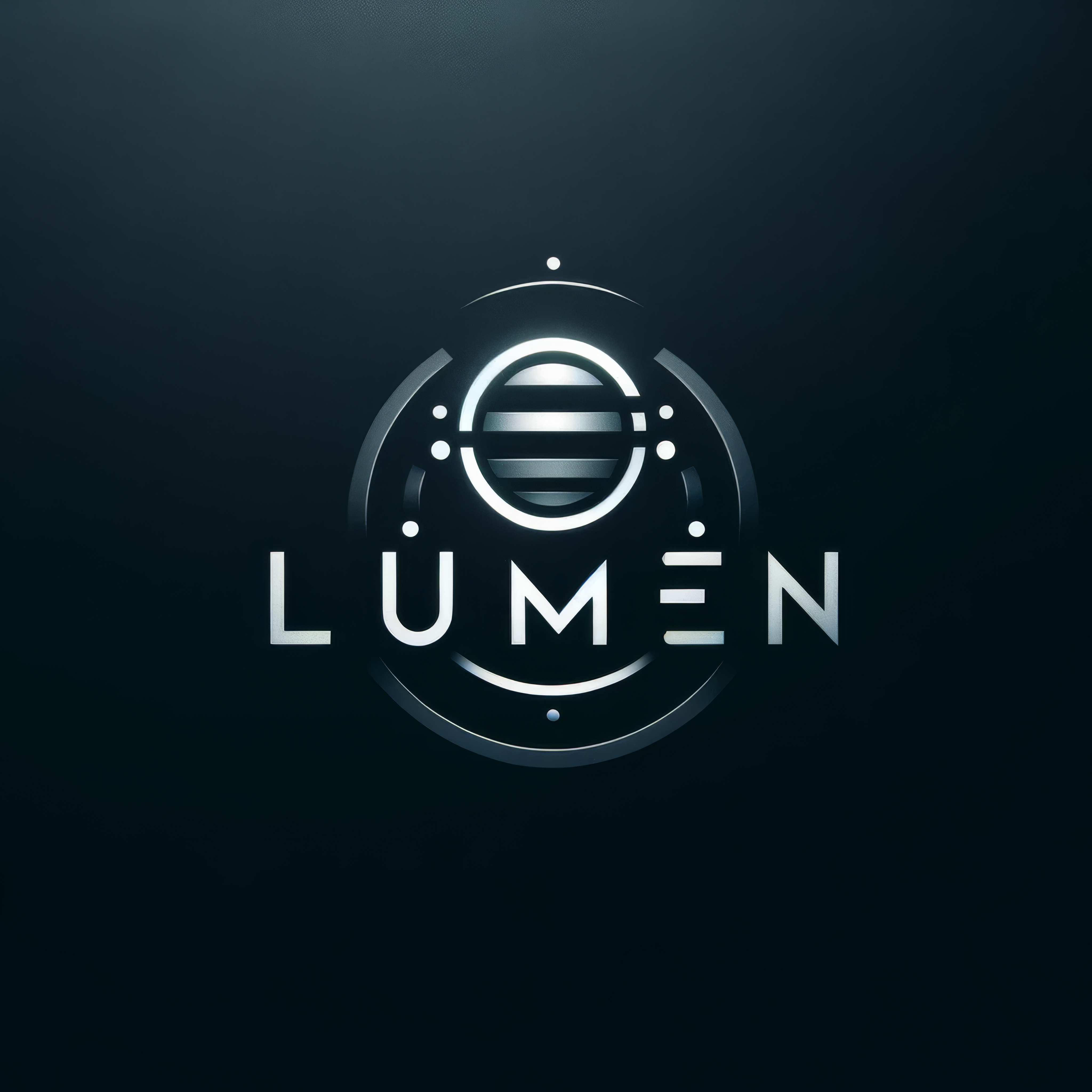Cephan System
Located in the outer reaches of the Milky Way Galaxy, the Cephan System is a remarkable celestial domain that serves as the home to the thriving Cephalopod civilization on the planet Cephala. This intricate arrangement of celestial bodies, each with its unique characteristics and significance, has played a pivotal role in shaping the trajectory of Cephalopod exploration and scientific endeavors.
Cephan Prime
At the center of the Cephan System lies Cephan Prime, a yellow dwarf star that serves as the primary source of energy and life for the entire system. With a mass and luminosity comparable to our own Sun, Cephan Prime has maintained a stable and consistent output, providing the necessary conditions for the flourishing of life on Cephala and its neighboring worlds.Cephala
Orbiting within the habitable zone of Cephan Prime is Cephala, the oceanic jewel that has become the epicenter of Cephalopod civilization. This terrestrial planet, with its vast oceans and archipelagos, boasts a rich diversity of life and serves as a sanctuary for the boundless pursuit of knowledge and intellectual exploration by the Cephalopod species.The Cephan Moons
Cephala is accompanied by two major moons, each with its own unique characteristics and significance:- 1. Thalassa: The larger of the two moons, Thalassa is a rocky world with a thin atmosphere and a cratered surface. Its proximity to Cephala has made it a prime target for Cephalopod exploration and scientific study, with numerous research outposts and observatories dotting its surface.
- 2. Nereus: Smaller and more distant, Nereus is a captivating world with a dense atmosphere and a surface marked by vast dune seas. The unique conditions on Nereus have led to the development of specialized Cephalopod research facilities, dedicated to the study of atmospheric dynamics and the potential for extraterrestrial life.
The Outer Cephan Worlds
Beyond the orbit of Cephala and its moons, the Cephan System is home to several other celestial bodies that have played a significant role in the Cephalopods' exploration and scientific endeavors:- 1. The Cephan Asteroid Belt: A vast field of rocky debris and ancient planetesimals, the Cephan Asteroid Belt has been a prime target for Cephalopod mining operations and resource extraction. Its asteroids have yielded valuable minerals and compounds, fueling the growth of Cephalopod industries and technological advancements.
- 2. The Cephan Gas Giants: Towering behemoths of the outer system, the Cephan Gas Giants are a quartet of massive worlds with fascinating atmospheric dynamics and intricate ring systems. These worlds have become the focus of extensive Cephalopod research, shedding light on the formation and evolution of planetary systems.
- 3. The Cephan Kuiper Belt: Stretching beyond the orbits of the Gas Giants, the Cephan Kuiper Belt is a vast region populated by icy bodies and dwarf planets. This frontier has become a testing ground for Cephalopod deep-space exploration and the study of the early stages of planetary formation.




Comments